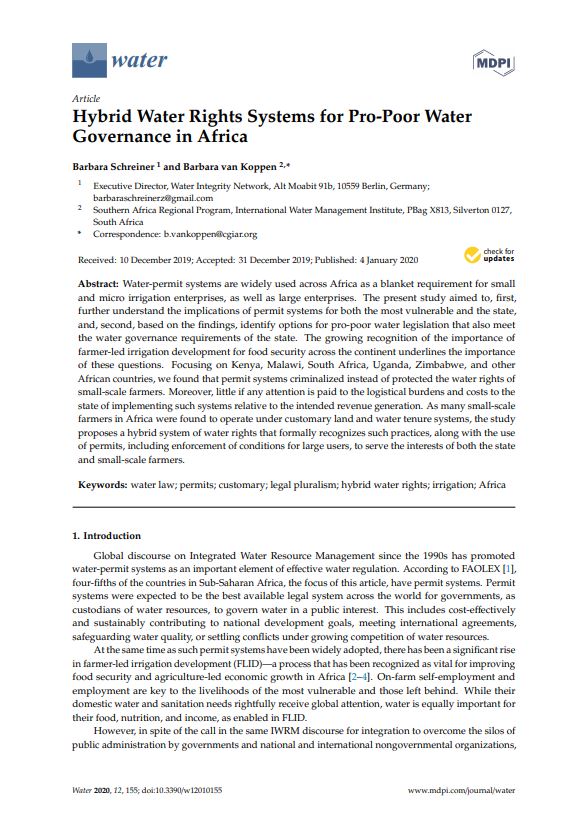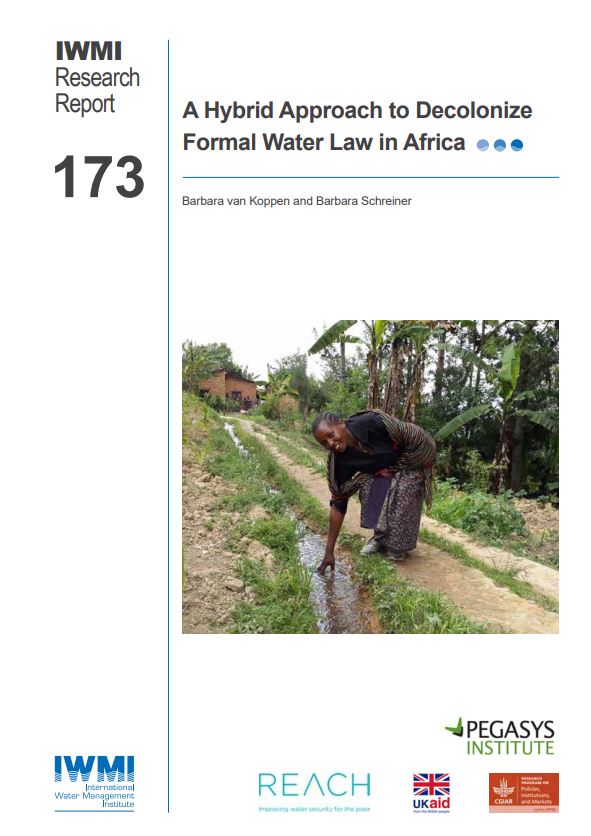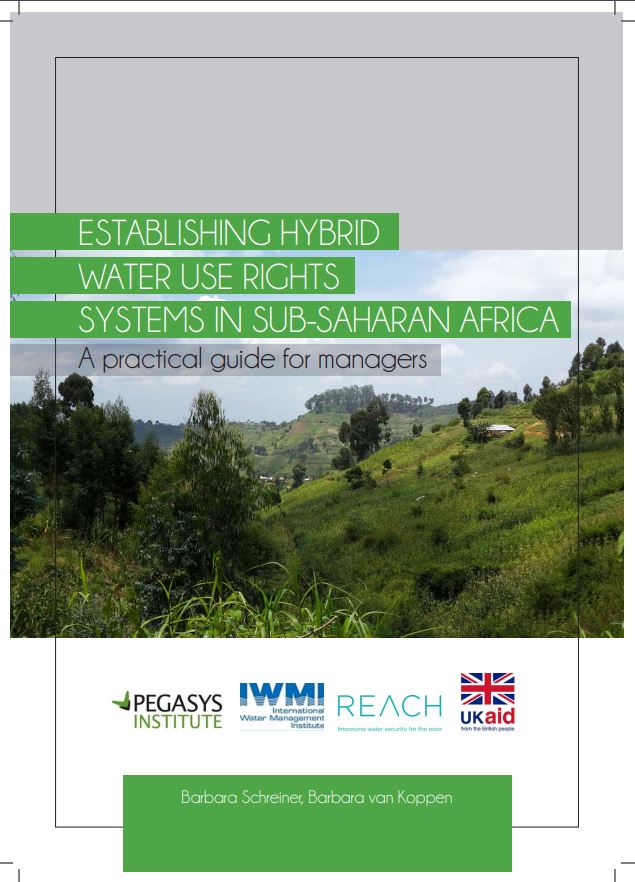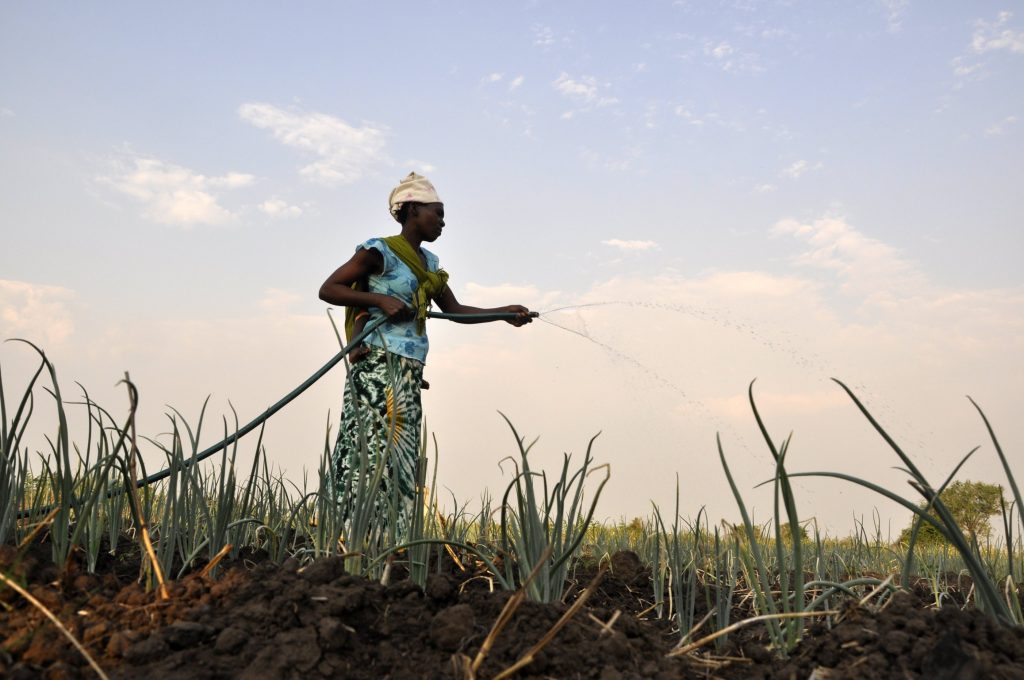
Improving water security for the poor
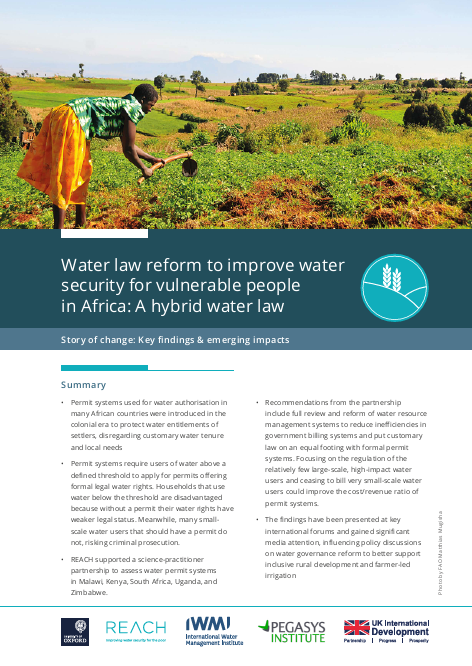
Summary:
• Permit systems used for water authorisation in many African countries were introduced in the colonial era to protect water entitlements of settlers, disregarding customary water tenure and local needs.
• Permit systems require users of water above a defined threshold to apply for permits offering formal legal water rights. Households that use water below the threshold are disadvantaged because without a permit their water rights have weaker legal status. Meanwhile, many small-scale water users that should have a permit do
not, risking criminal prosecution.
• REACH supported a science-practitioner partnership to assess water permit systems
in Malawi, Kenya, South Africa, Uganda, and Zimbabwe.
• Recommendations from the partnership include full review and reform of water resource management systems to reduce inefficiencies in government billing systems and put customary law on an equal footing with formal permit systems. Focusing on the regulation of the relatively few large-scale, high-impact water users and ceasing to bill very small-scale water users could improve the cost/revenue ratio of permit systems.
• The findings have been presented at key international forums and gained significant
media attention, influencing policy discussions on water governance reform to better support inclusive rural development and farmer-led irrigation.

